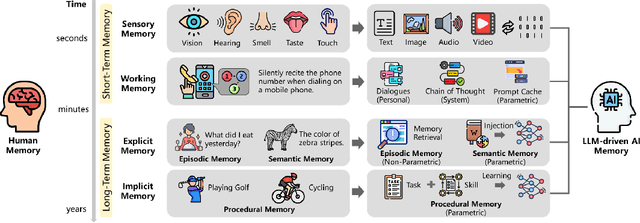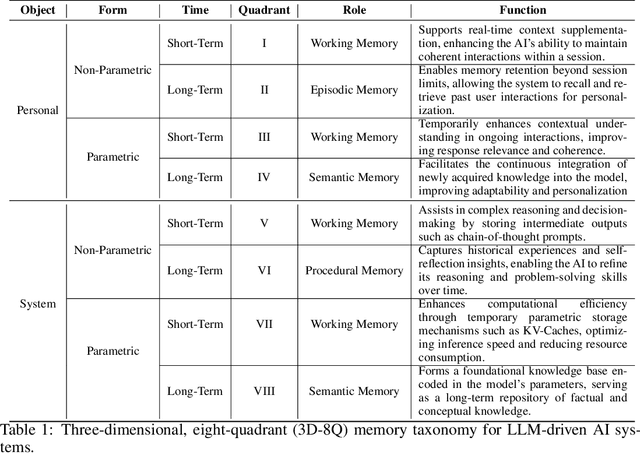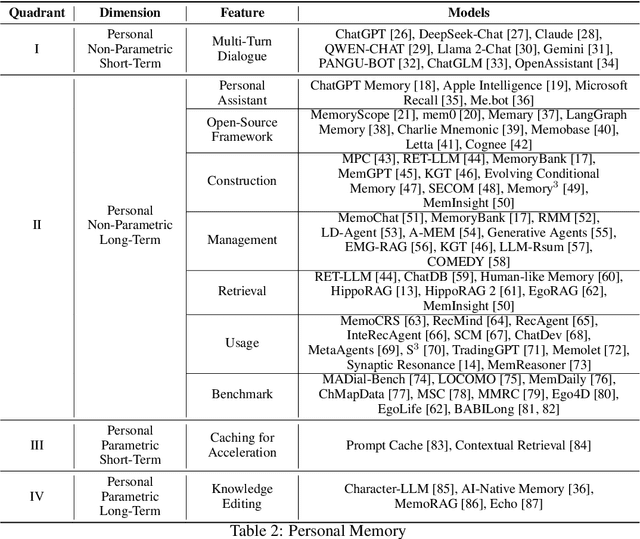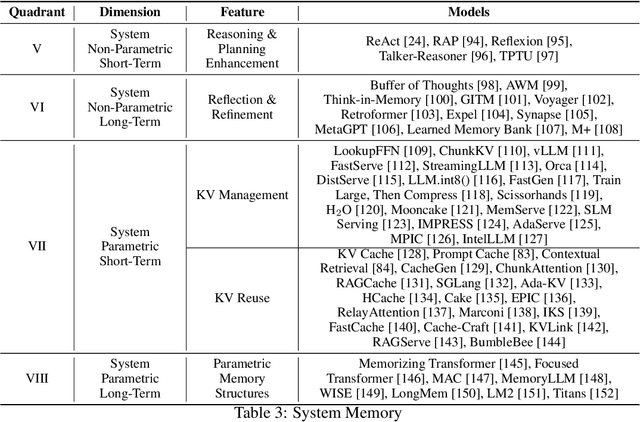Yaxiong Wu
Robustness study of the bio-inspired musculoskeletal arm robot based on the data-driven iterative learning algorithm
Nov 08, 2025Abstract:The human arm exhibits remarkable capabilities, including both explosive power and precision, which demonstrate dexterity, compliance, and robustness in unstructured environments. Developing robotic systems that emulate human-like operational characteristics through musculoskeletal structures has long been a research focus. In this study, we designed a novel lightweight tendon-driven musculoskeletal arm (LTDM-Arm), featuring a seven degree-of-freedom (DOF) skeletal joint system and a modularized artificial muscular system (MAMS) with 15 actuators. Additionally, we employed a Hilly-type muscle model and data-driven iterative learning control (DDILC) to learn and refine activation signals for repetitive tasks within a finite time frame. We validated the anti-interference capabilities of the musculoskeletal system through both simulations and experiments. The results show that the LTDM-Arm system can effectively achieve desired trajectory tracking tasks, even under load disturbances of 20 % in simulation and 15 % in experiments. This research lays the foundation for developing advanced robotic systems with human-like operational performance.
* 20 pages, 13 figures
Effective and Efficient Schema-aware Information Extraction Using On-Device Large Language Models
May 21, 2025Abstract:Information extraction (IE) plays a crucial role in natural language processing (NLP) by converting unstructured text into structured knowledge. Deploying computationally intensive large language models (LLMs) on resource-constrained devices for information extraction is challenging, particularly due to issues like hallucinations, limited context length, and high latency-especially when handling diverse extraction schemas. To address these challenges, we propose a two-stage information extraction approach adapted for on-device LLMs, called Dual-LoRA with Incremental Schema Caching (DLISC), which enhances both schema identification and schema-aware extraction in terms of effectiveness and efficiency. In particular, DLISC adopts an Identification LoRA module for retrieving the most relevant schemas to a given query, and an Extraction LoRA module for performing information extraction based on the previously selected schemas. To accelerate extraction inference, Incremental Schema Caching is incorporated to reduce redundant computation, substantially improving efficiency. Extensive experiments across multiple information extraction datasets demonstrate notable improvements in both effectiveness and efficiency.
Adaptive Schema-aware Event Extraction with Retrieval-Augmented Generation
May 13, 2025Abstract:Event extraction (EE) is a fundamental task in natural language processing (NLP) that involves identifying and extracting event information from unstructured text. Effective EE in real-world scenarios requires two key steps: selecting appropriate schemas from hundreds of candidates and executing the extraction process. Existing research exhibits two critical gaps: (1) the rigid schema fixation in existing pipeline systems, and (2) the absence of benchmarks for evaluating joint schema matching and extraction. Although large language models (LLMs) offer potential solutions, their schema hallucination tendencies and context window limitations pose challenges for practical deployment. In response, we propose Adaptive Schema-aware Event Extraction (ASEE), a novel paradigm combining schema paraphrasing with schema retrieval-augmented generation. ASEE adeptly retrieves paraphrased schemas and accurately generates targeted structures. To facilitate rigorous evaluation, we construct the Multi-Dimensional Schema-aware Event Extraction (MD-SEE) benchmark, which systematically consolidates 12 datasets across diverse domains, complexity levels, and language settings. Extensive evaluations on MD-SEE show that our proposed ASEE demonstrates strong adaptability across various scenarios, significantly improving the accuracy of event extraction.
From Human Memory to AI Memory: A Survey on Memory Mechanisms in the Era of LLMs
Apr 22, 2025



Abstract:Memory is the process of encoding, storing, and retrieving information, allowing humans to retain experiences, knowledge, skills, and facts over time, and serving as the foundation for growth and effective interaction with the world. It plays a crucial role in shaping our identity, making decisions, learning from past experiences, building relationships, and adapting to changes. In the era of large language models (LLMs), memory refers to the ability of an AI system to retain, recall, and use information from past interactions to improve future responses and interactions. Although previous research and reviews have provided detailed descriptions of memory mechanisms, there is still a lack of a systematic review that summarizes and analyzes the relationship between the memory of LLM-driven AI systems and human memory, as well as how we can be inspired by human memory to construct more powerful memory systems. To achieve this, in this paper, we propose a comprehensive survey on the memory of LLM-driven AI systems. In particular, we first conduct a detailed analysis of the categories of human memory and relate them to the memory of AI systems. Second, we systematically organize existing memory-related work and propose a categorization method based on three dimensions (object, form, and time) and eight quadrants. Finally, we illustrate some open problems regarding the memory of current AI systems and outline possible future directions for memory in the era of large language models.
A Survey on Multi-Turn Interaction Capabilities of Large Language Models
Jan 17, 2025Abstract:Multi-turn interaction in the dialogue system research refers to a system's ability to maintain context across multiple dialogue turns, enabling it to generate coherent and contextually relevant responses. Recent advancements in large language models (LLMs) have significantly expanded the scope of multi-turn interaction, moving beyond chatbots to enable more dynamic agentic interactions with users or environments. In this paper, we provide a focused review of the multi-turn capabilities of LLMs, which are critical for a wide range of downstream applications, including conversational search and recommendation, consultation services, and interactive tutoring. This survey explores four key aspects: (1) the core model capabilities that contribute to effective multi-turn interaction, (2) how multi-turn interaction is evaluated in current practice, (3) the general algorithms used to enhance multi-turn interaction, and (4) potential future directions for research in this field.
All Roads Lead to Rome: Unveiling the Trajectory of Recommender Systems Across the LLM Era
Jul 14, 2024



Abstract:Recommender systems (RS) are vital for managing information overload and delivering personalized content, responding to users' diverse information needs. The emergence of large language models (LLMs) offers a new horizon for redefining recommender systems with vast general knowledge and reasoning capabilities. Standing across this LLM era, we aim to integrate recommender systems into a broader picture, and pave the way for more comprehensive solutions for future research. Therefore, we first offer a comprehensive overview of the technical progression of recommender systems, particularly focusing on language foundation models and their applications in recommendation. We identify two evolution paths of modern recommender systems -- via list-wise recommendation and conversational recommendation. These two paths finally converge at LLM agents with superior capabilities of long-term memory, reflection, and tool intelligence. Along these two paths, we point out that the information effectiveness of the recommendation is increased, while the user's acquisition cost is decreased. Technical features, research methodologies, and inherent challenges for each milestone along the path are carefully investigated -- from traditional list-wise recommendation to LLM-enhanced recommendation to recommendation with LLM agents. Finally, we highlight several unresolved challenges crucial for the development of future personalization technologies and interfaces and discuss the future prospects.
 Add to Chrome
Add to Chrome Add to Firefox
Add to Firefox Add to Edge
Add to Edge